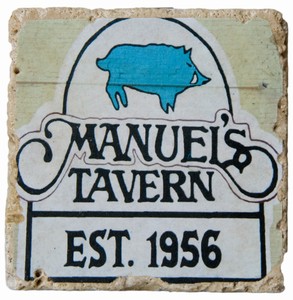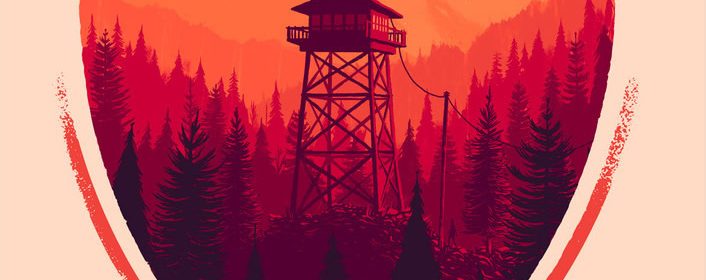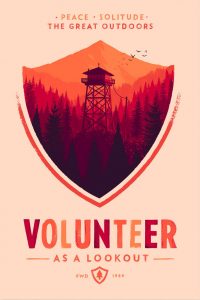Now that you’ve created your subdomain, you need an image to represent yourself and/or your site for the class: a player character avatar. Your avatar can be whatever you want it be but try to create something that both reflects you’re personality and speaks to the topic for this class in someway.
Start by choosing one or more of your own photos as the basis of the avatar, drawing something yourself and scanning it, or finding one or more CC-licensed images on Flickr that you can modify. Make certain to keep a note for yourself of the URL for the photos you use if they are not your own.
Crop and otherwise edit the photo(s) in a photo editing application (like Photoshop or PicMonkey). You can create a layered or collage effect, if you’d like. Add your name on your badge in such a way that it’s legible. You might also include your domain URL, but that’s not required.
Your final badge should be square and at least 512 pixels wide and high.
When you’re done, you’ll need to put the image two places, with an optional third:
First, load the badge into your Media Library and publish it to your site in a blog post. Include information and links in the post about the source(s) for images included in your badge. Write a paragraph or two about why you chose those images, what aspects of yourself and your interests are represented in your badge, and/or what difficulties you faced in creating the badge.
Seconly, go into your dashboard to Appearance > Customize > Site Identity and load the image as your favicon/site icon.
Finally, if you do not already have a gravatar (which is almost all of you), create a gravatar account connected to whatever email you use when you comment on sites for this class and load your avatar there. From then on, your avatar will show up as your picture when you leave comments here and on other students’ sites.






